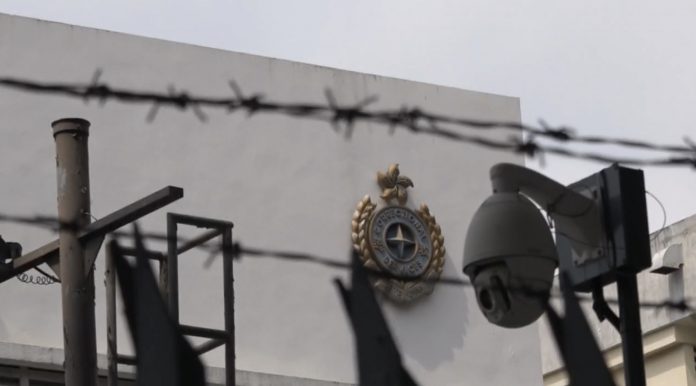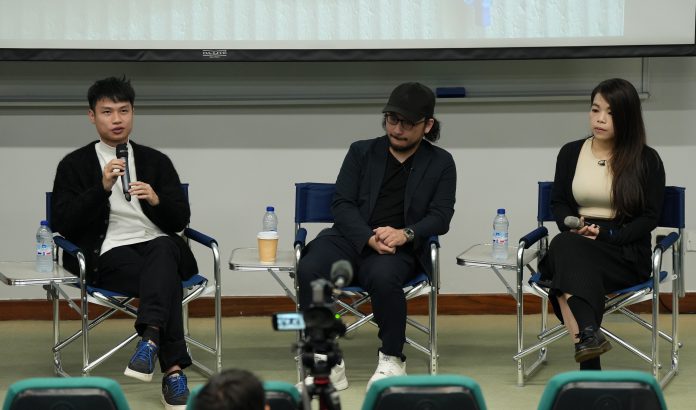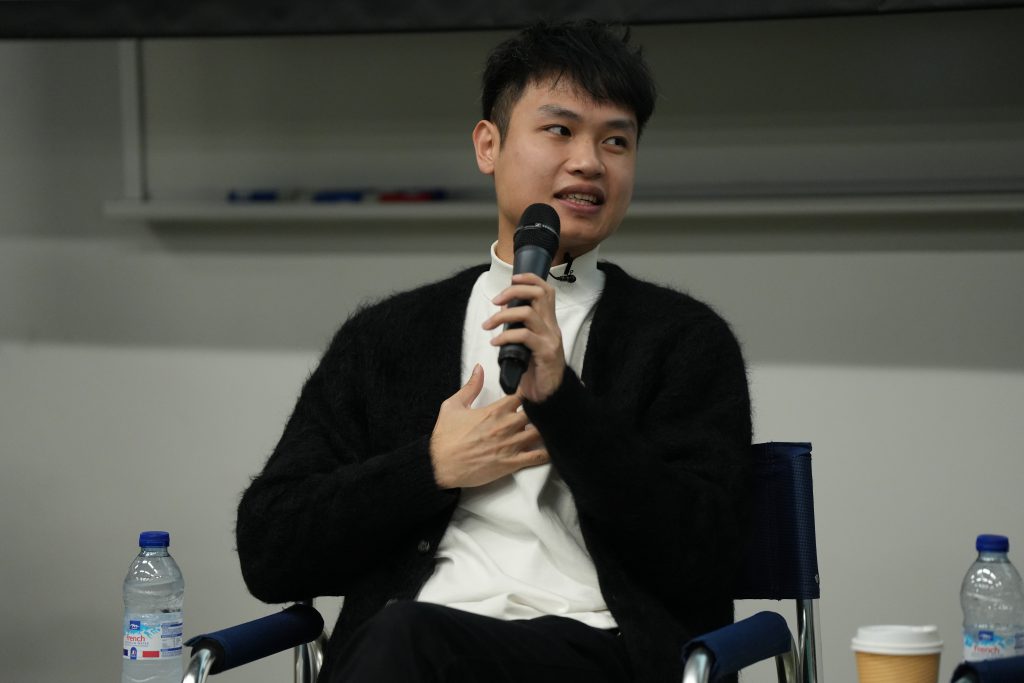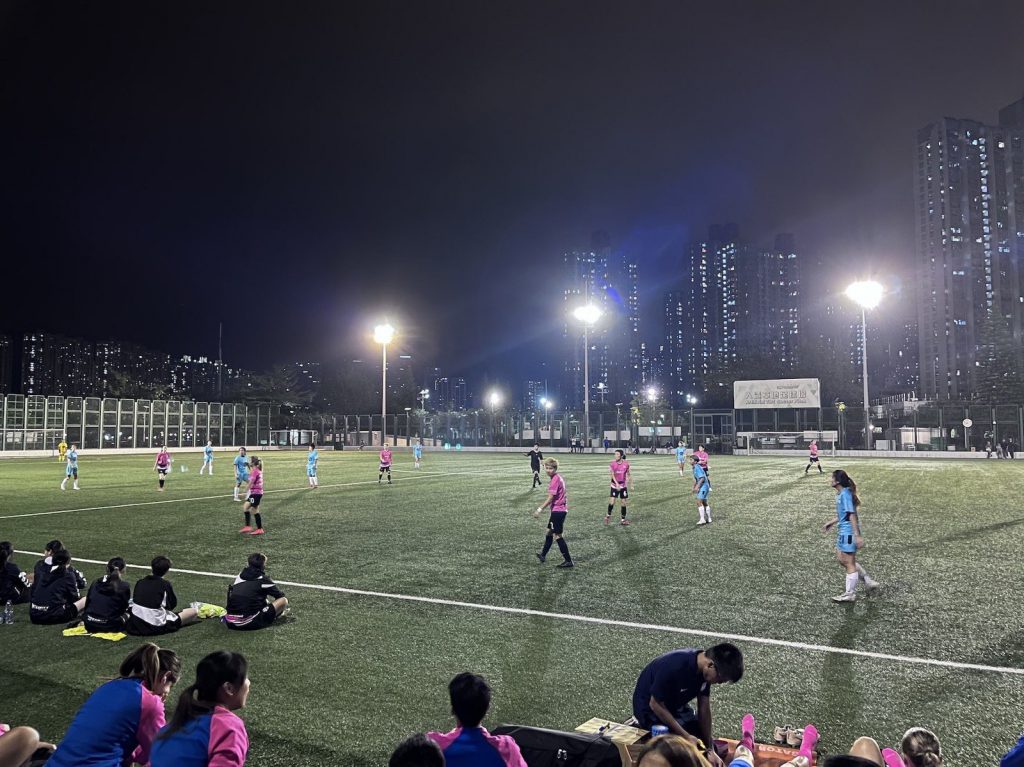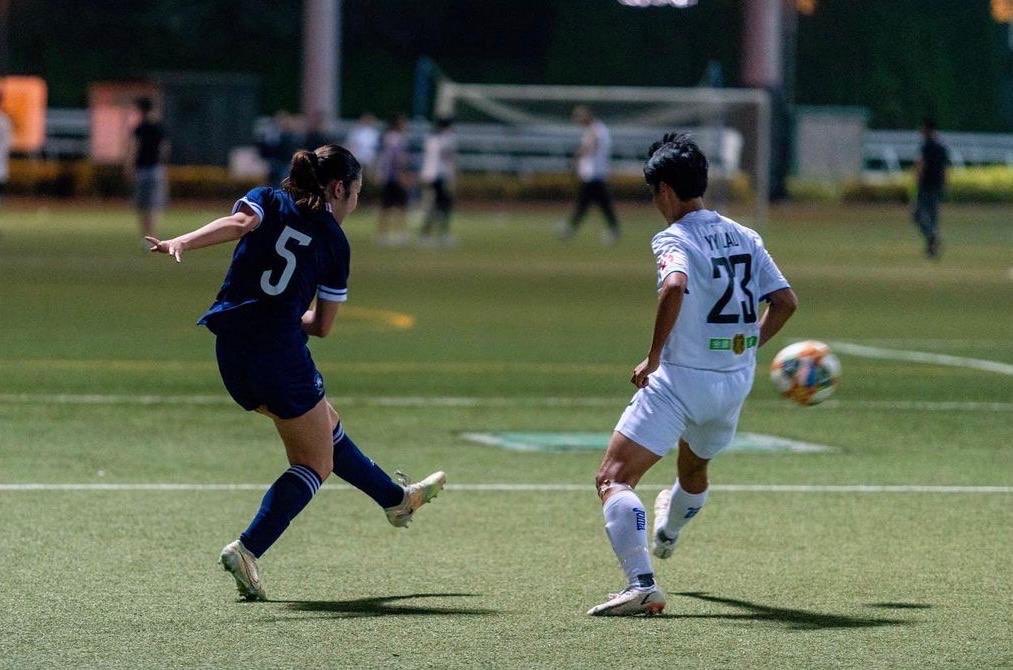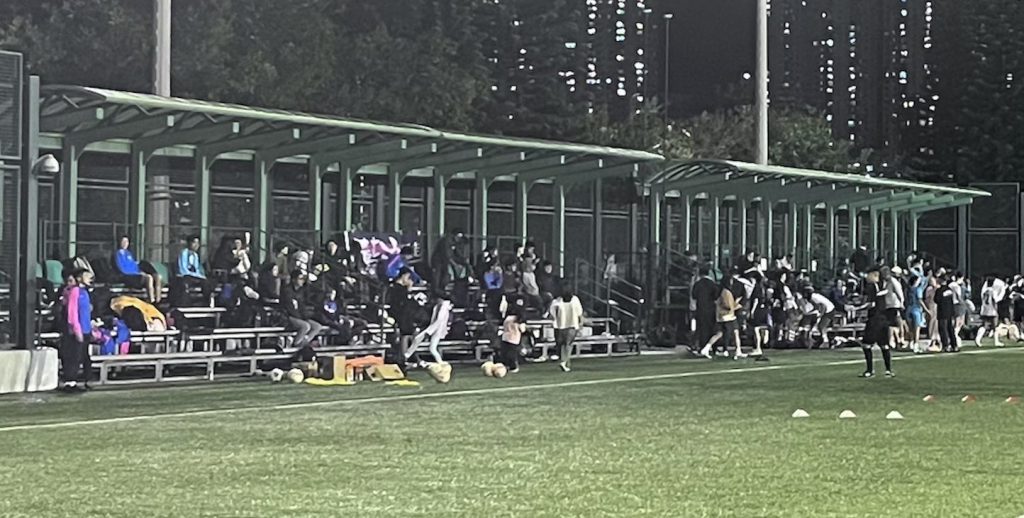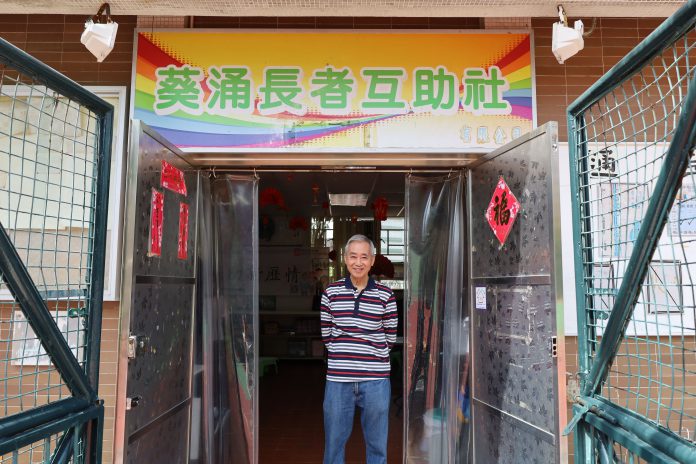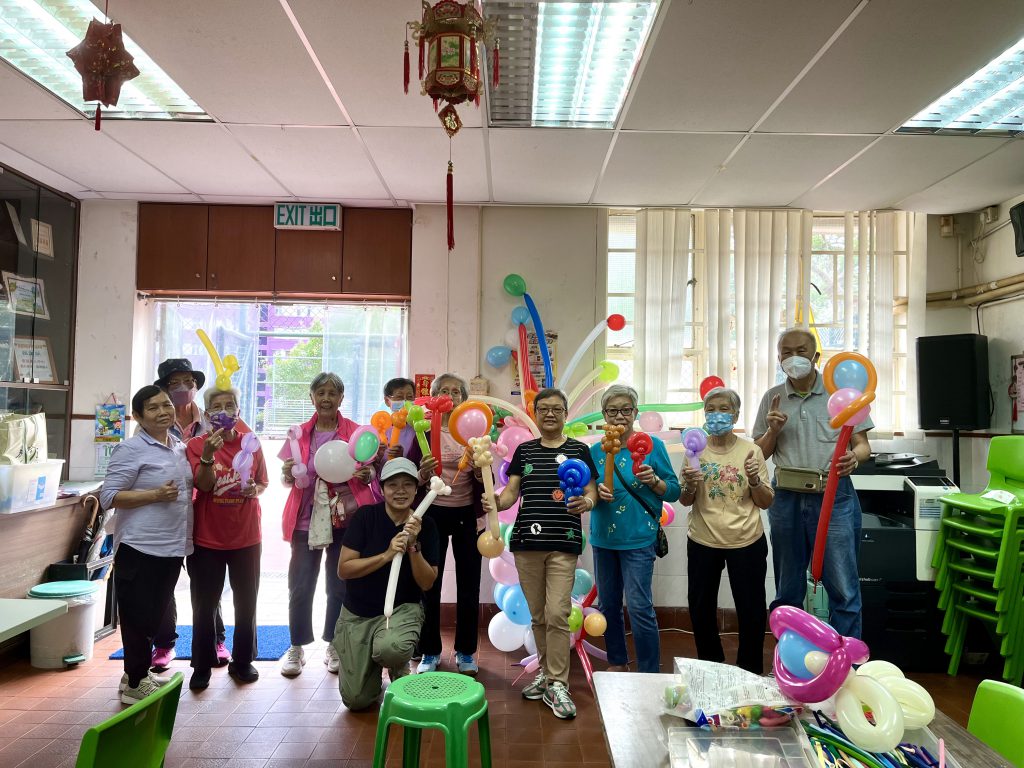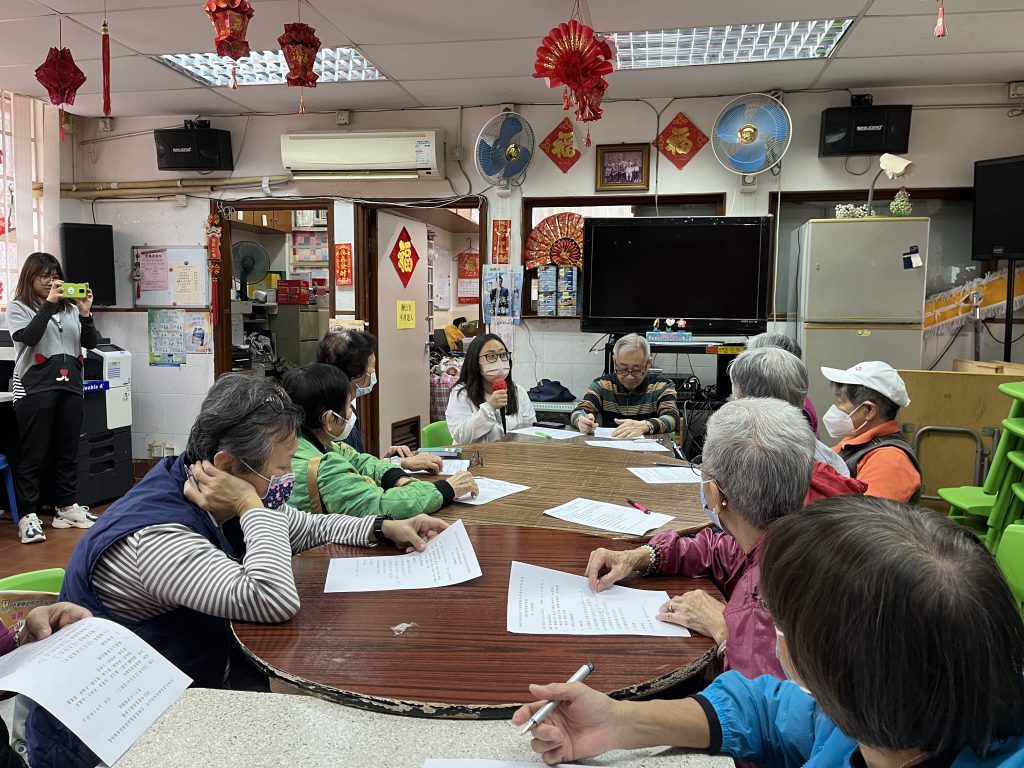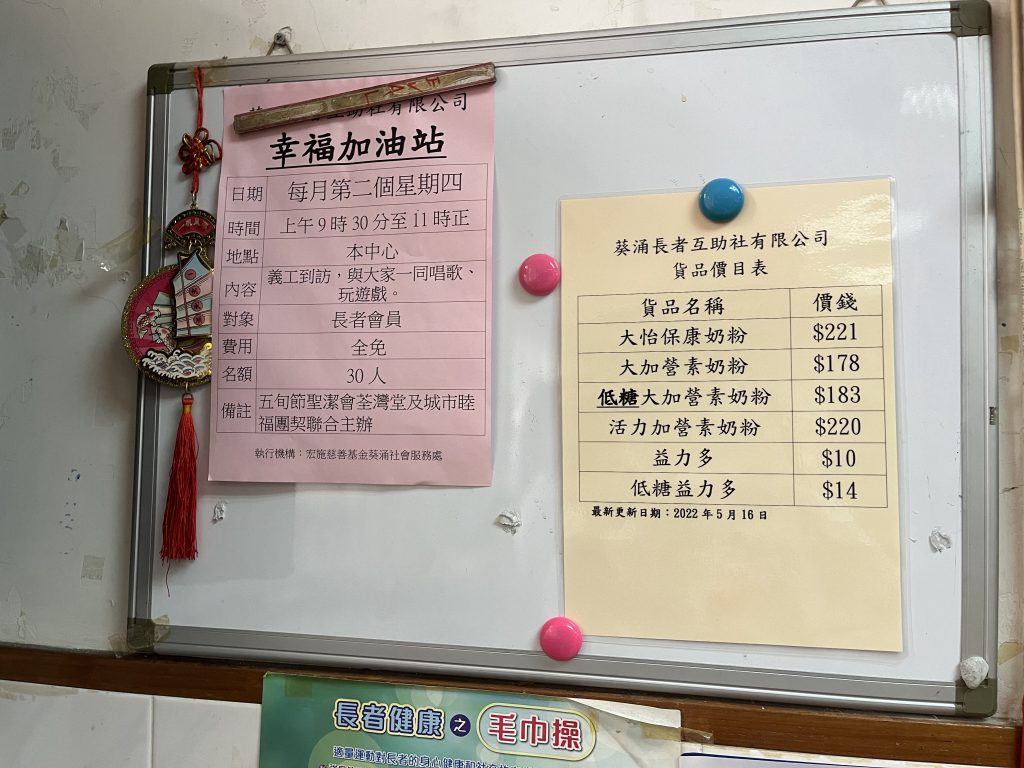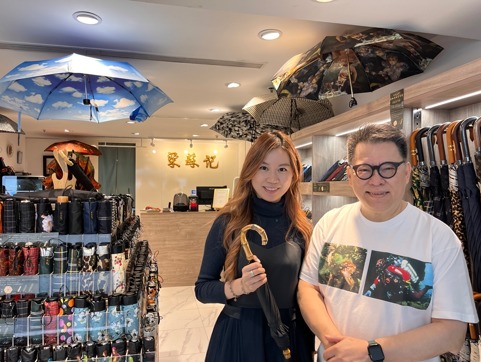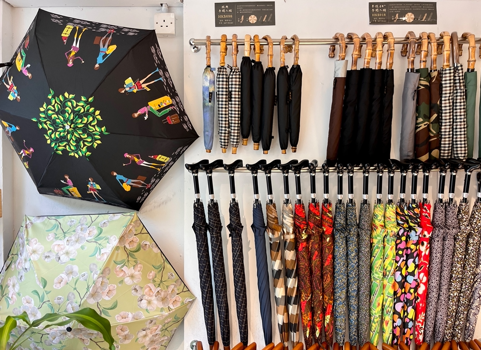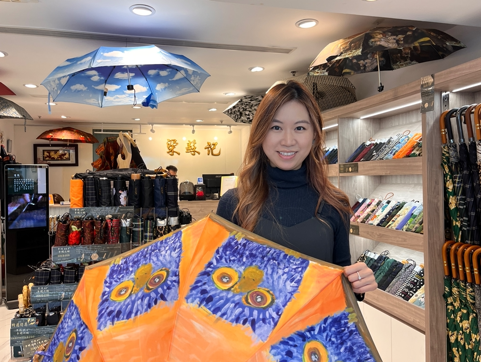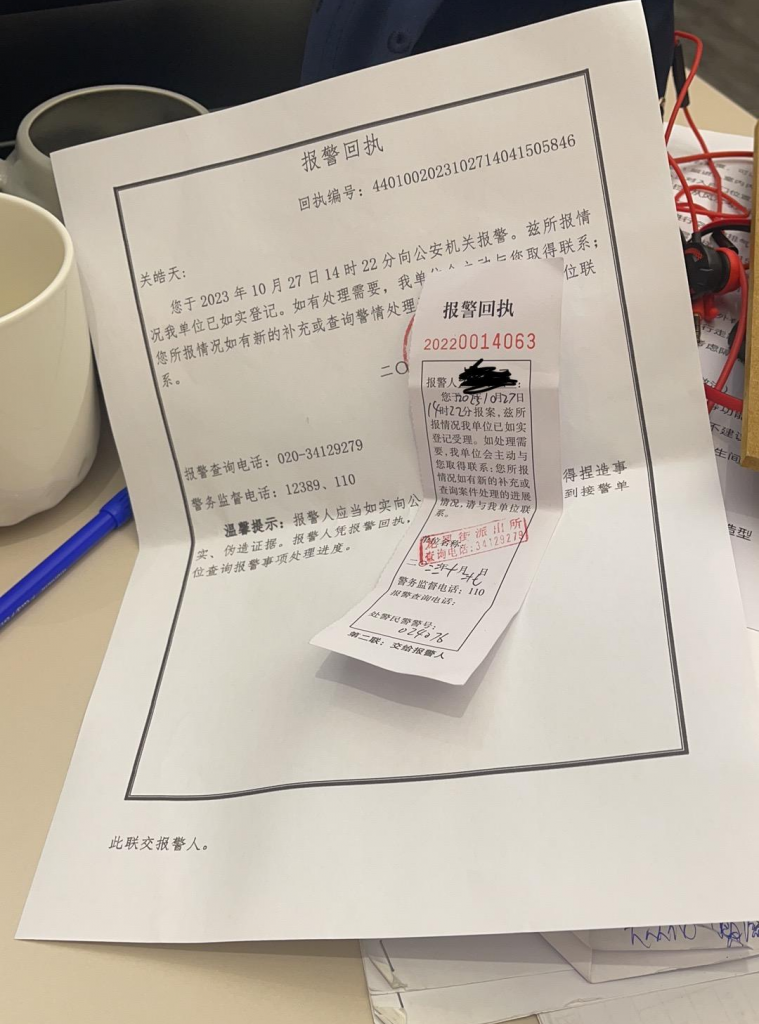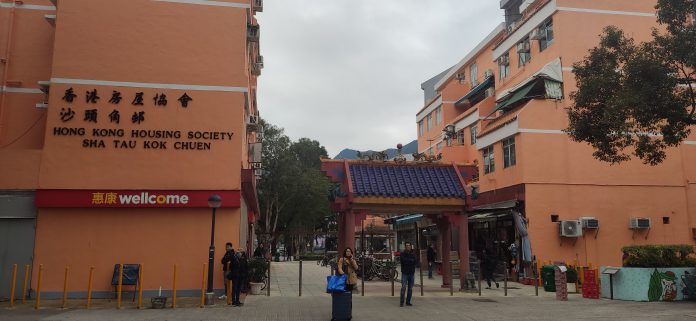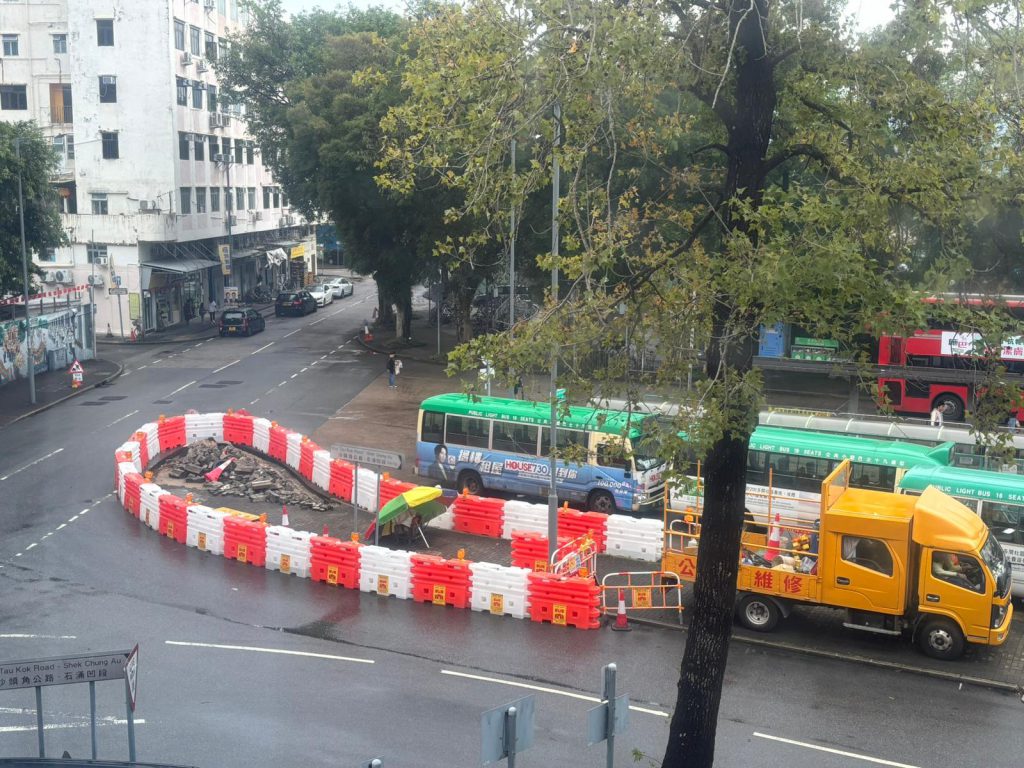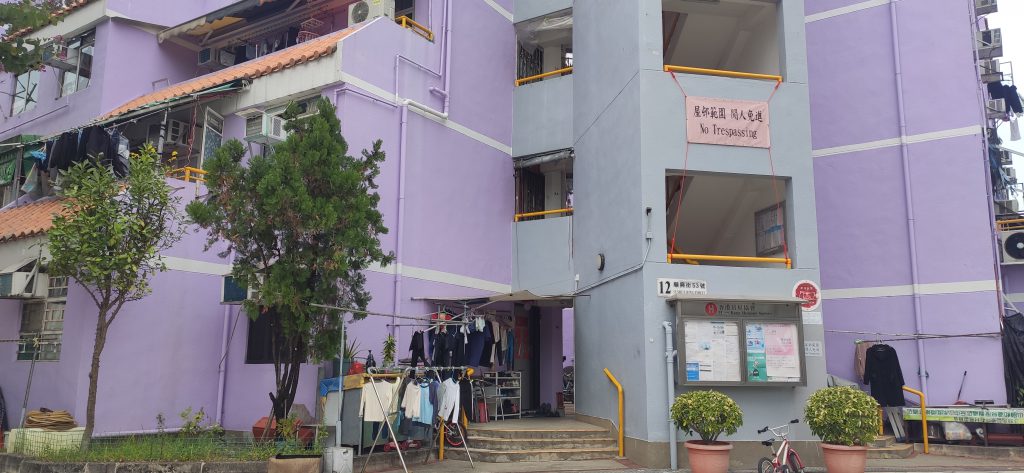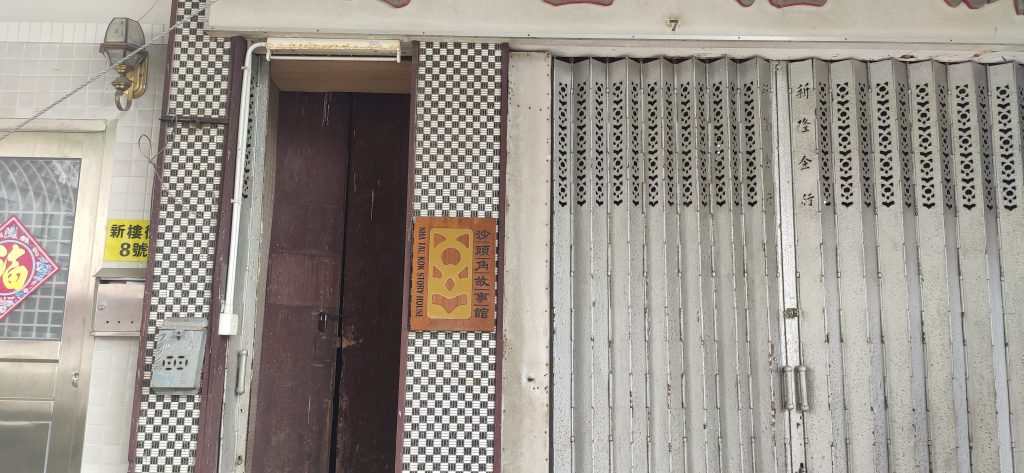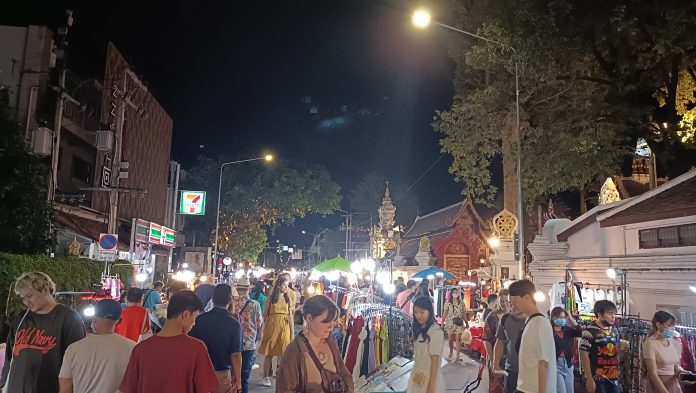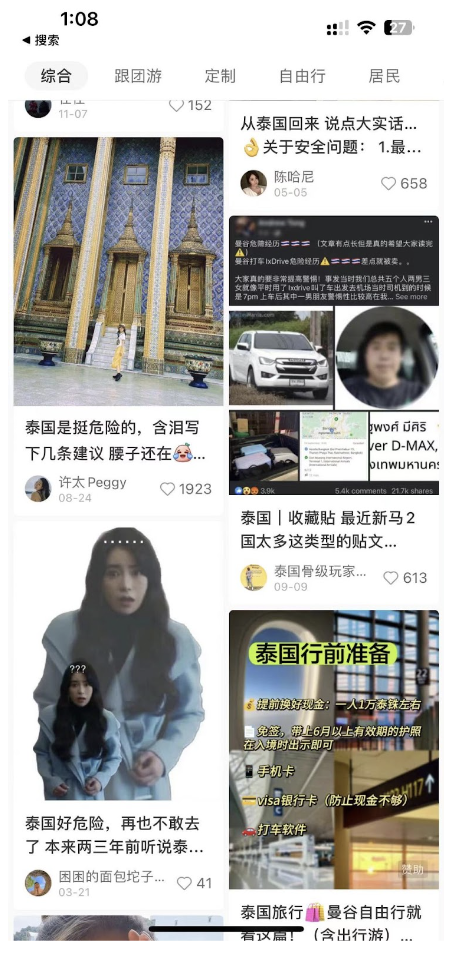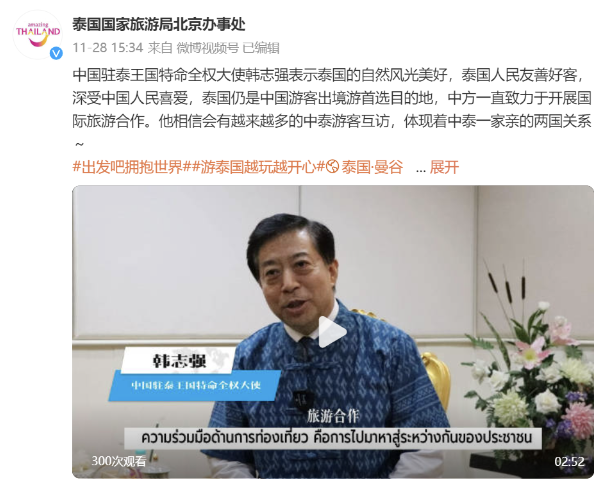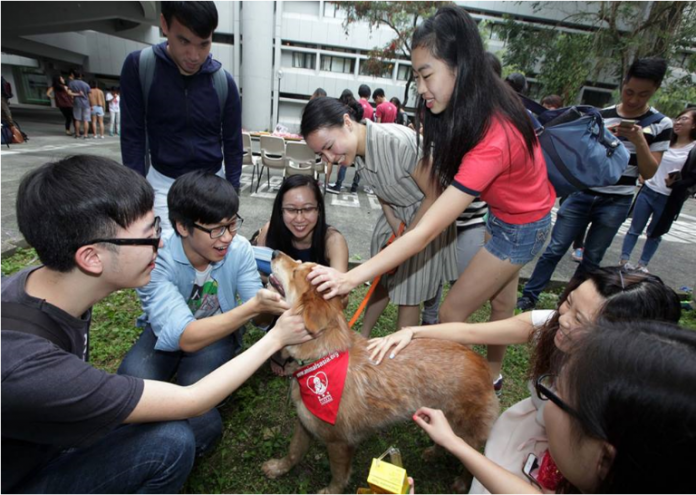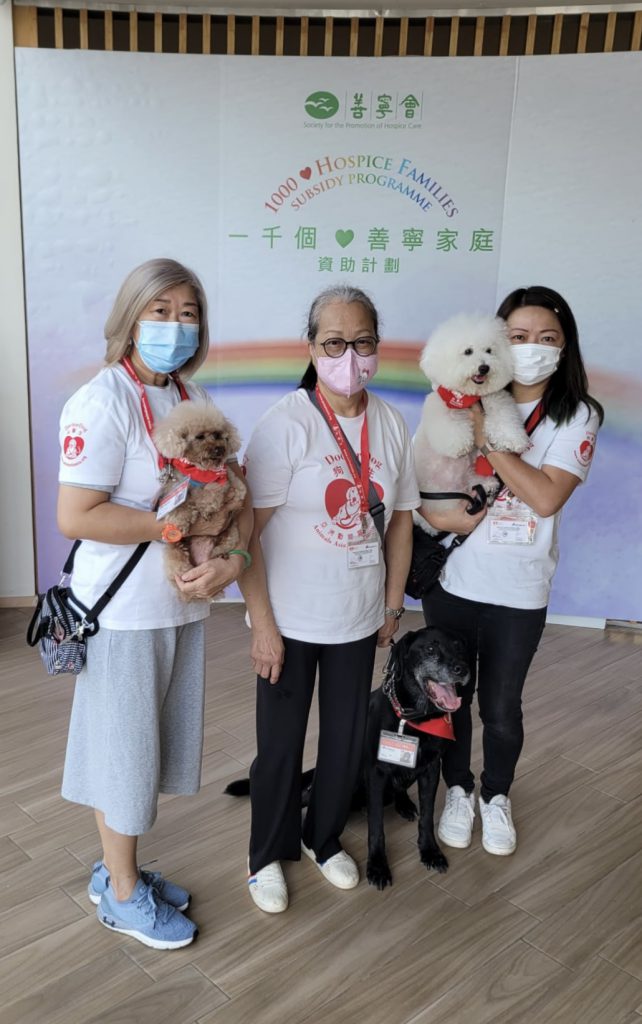Children’s lives are altered forever by their parents’ imprisonment as lies are told to cover up the reason for their absence.
By Lorraine Chiang
“Even though I did not grasp what was happening, just that my dad was gone, I knew my mum was quite depressed and I dared not break down,” Samantha Chow* recalls how she felt when her father was suddenly put behind bars more than a decade ago.
Chow’s life changed drastically when her father suddenly left the family when she was a Primary Three student.
Nobody has ever told her what happened to her father.
“At first, my mum just said dad is not coming back tonight. After a while, she brought me to Lai Chi Kok Reception Centre. That was when I started to realise what was happening.”
The centre accommodates persons awaiting trial and newly-convicted persons waiting to be sent to other facilities.
Chow talked to her father through a glass screen. She connected the scene to those featured in movies and slowly understood why her father is not with her anymore.
“I learned about his case from searching online after he had been behind bars for three or four years,” says Chow.
Her father was convicted of false imprisonment and was sentenced to over a decade in jail.
However, she would still like to hear the event from her father’s perspective instead of through secondary sources like the news.
“Whenever I asked my dad to tell me what happened, he always said he would tell me when I get older. Now that I have grown up, he says he will tell me after he has left prison,” Chow says.
Even now, her father still has not told her about the incident that led to his imprisonment.
“I do not know why my parents are so scared of telling me about what happened, as if they are afraid they may hurt me. But I need to know what happened.” she says.
Though Chow’s father never told her what he did to land him in prison, he constantly stressed his innocence to Chow.
“But when nobody tells me what truly happened, I can only assume he committed a crime,” Chow says.
Not hearing her father’s side of the story annoys her, but money is her biggest concern.
Chow’s father was the sole breadwinner of the family before he was imprisoned. Her mother is unable to work because of her health condition. Chow and her mother can only rely on Comprehensive Social Security Assistance and Disability Allowance.
The two used to live in a subdivided flat before they left Hong Kong, but Chow says they would not be able to pay for rent without the financial support from her uncle.
She wishes that the government could proactively offer financial support to prisoners’ families, as she found many prisoners’ families have financial difficulties.
Being British citizens, Chow and her mother moved to the United Kingdom when Chow was 16. Since then, they have been living on British social support and Chow’s meagre wages as a part-time waitress.
They moved to the UK partly due to its superior social security and partly since more of their relatives are there.
Like Chow, Kyla Wong’s* parents never told her that her father was in prison. She only found that out from her cousin.
Her mother had told the rest of the family that her husband was arrested but neglected to tell her daughter.
“Before my cousin told me the truth, I thought my dad was working in a foreign country,” Wong says.
She finds that being told such an impactful lie makes her trust people less.
When asked how her father’s absence impacted her life, she says she could not feel the difference because she is so used to her father’s absence and does not know what it feels like to have a father.
Her father was recently released from prison but she sees him only as a burden. Used to living with her mother, Wong is not accustomed to having to share the apartment with a third person.
She also dislikes how such an important figure could enter and leave her life without her having a say in it, as if her whole life could be uprooted.
A survey on prisoners’ children conducted by SideBySide, a non-profit organisation supporting people in custody and their families, found that it is important for parents to tell their children about what happened.
Kimmy Chiu Sze-man, the person in charge of the Blue Bus Jockey Club Together We Grow Project, a project under SideBySide, says parents should be honest to their children despite the difficulty.

She notes some prisoners’ families may lie and claim the father or mother had left home because of poor school performance of their children or that their children are not wanted.
“Children in Primary One to Three would truly believe that their parents are not home because they do not want them anymore,” Chiu says.
“The most simple way is to tell them that mother or father made a mistake and is now bearing the responsibility of it,” she adds.
Chiu finds children to be a group of passive and invisible victims of the judicial procedures as people rarely consider how legal actions taken on adults could impact their children and children are rarely asked for their opinions.
“The judicial sector could introduce service for families of people in custody so that support could be provided to the children” she says.
*Names changed at the request of interviewees
Edited by Leopold Chen
Sub-edited by Christine Tang





































